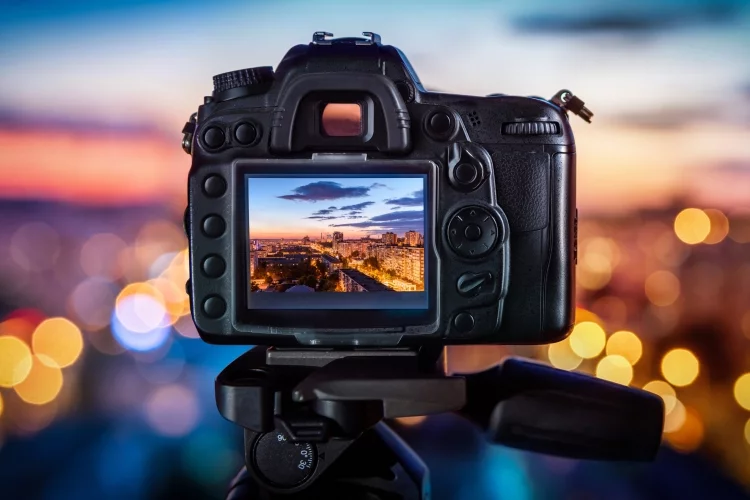Hi
Could you please explain what difference is between 70-300 and 18-200 lens in a sense of zoom or magnification.
Lets assume both lens are focused at 200mm.
Optical Zoom difference is 4.3x to 11x.
Would either image be actually 'larger' or sharper.
Help me understand please.
Could you please explain what difference is between 70-300 and 18-200 lens in a sense of zoom or magnification.
Lets assume both lens are focused at 200mm.
Optical Zoom difference is 4.3x to 11x.
Would either image be actually 'larger' or sharper.
Help me understand please.


